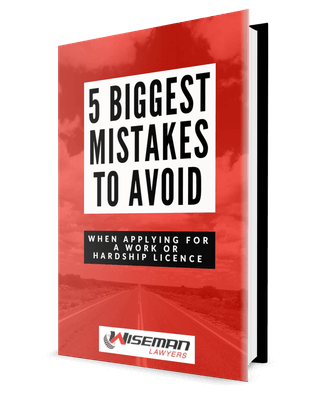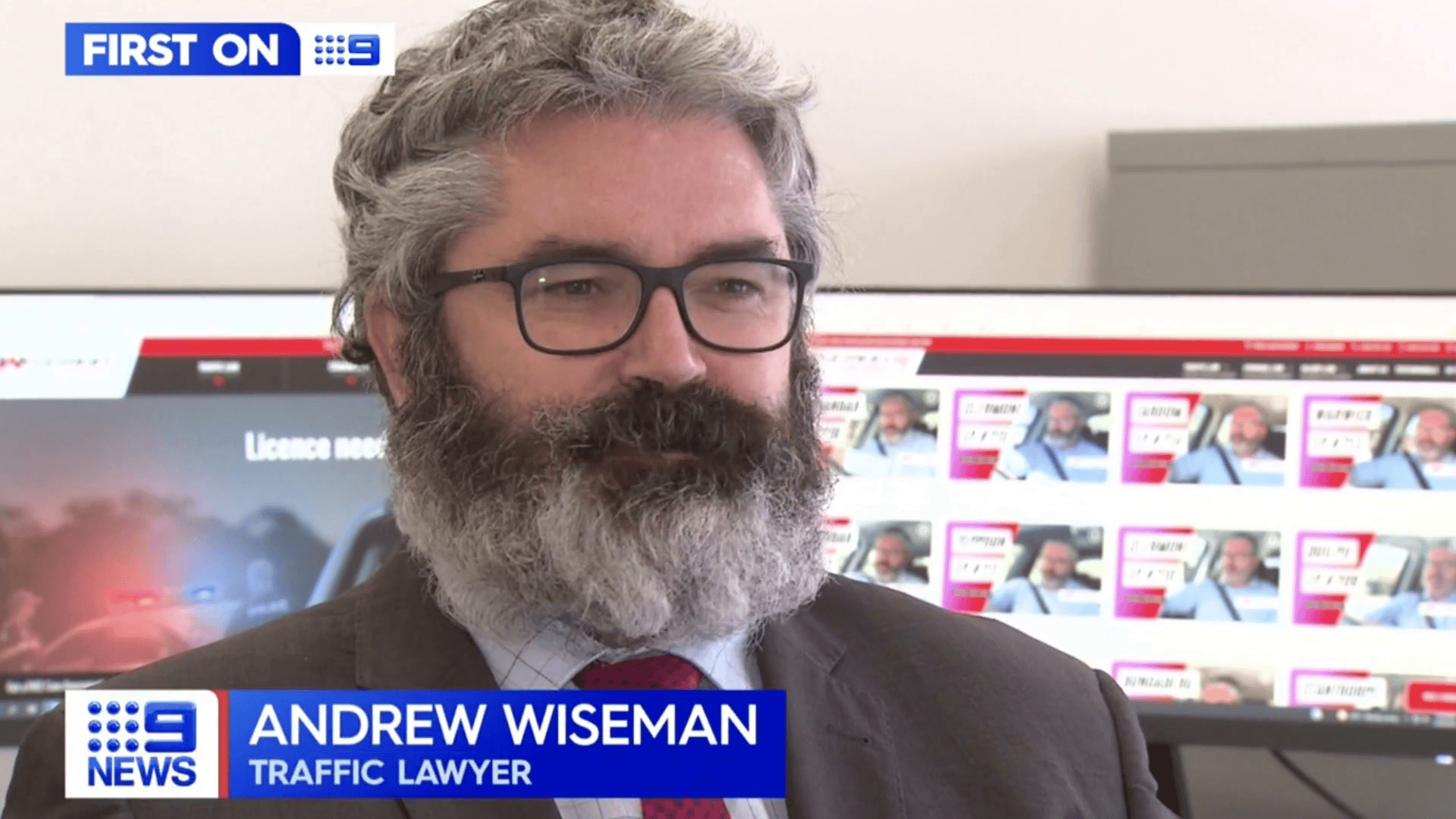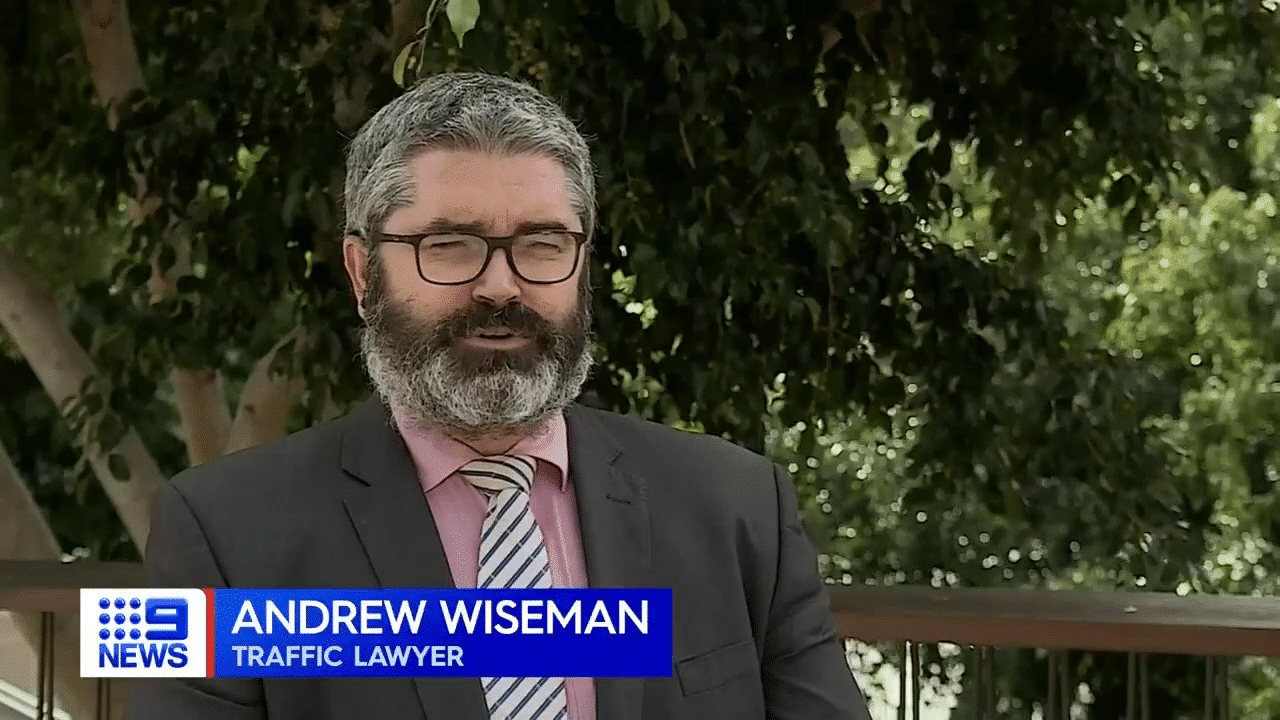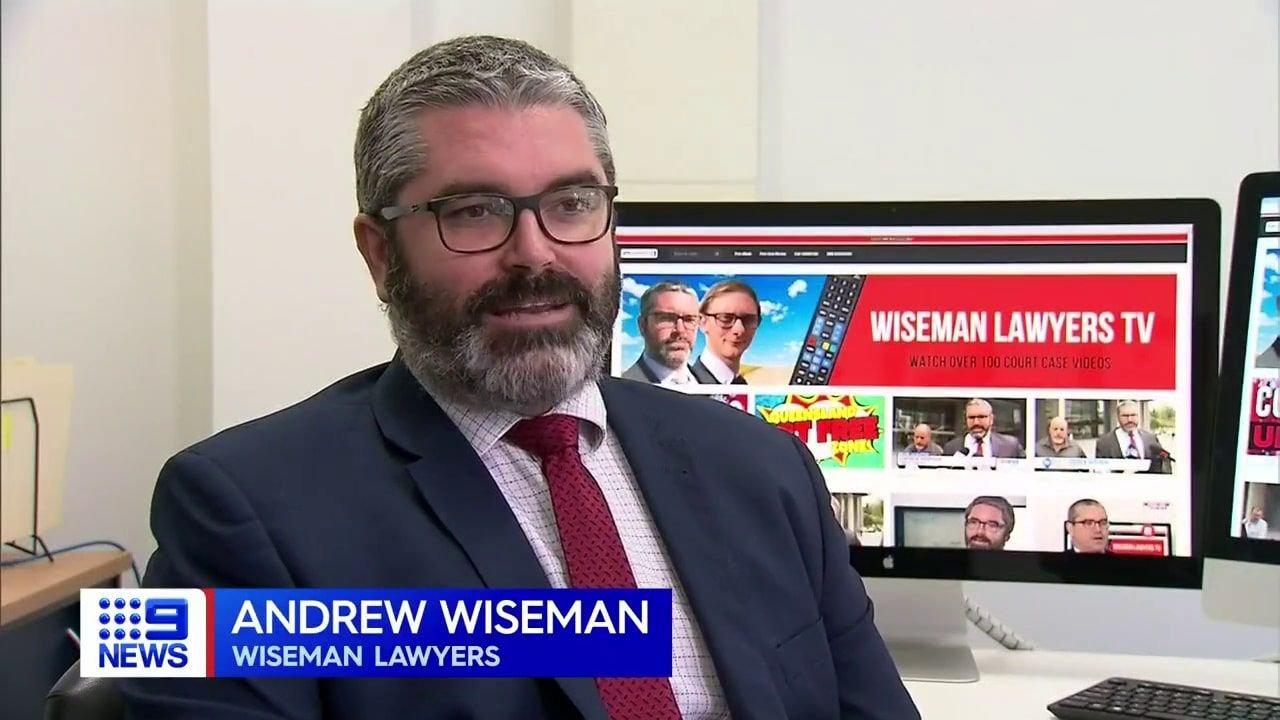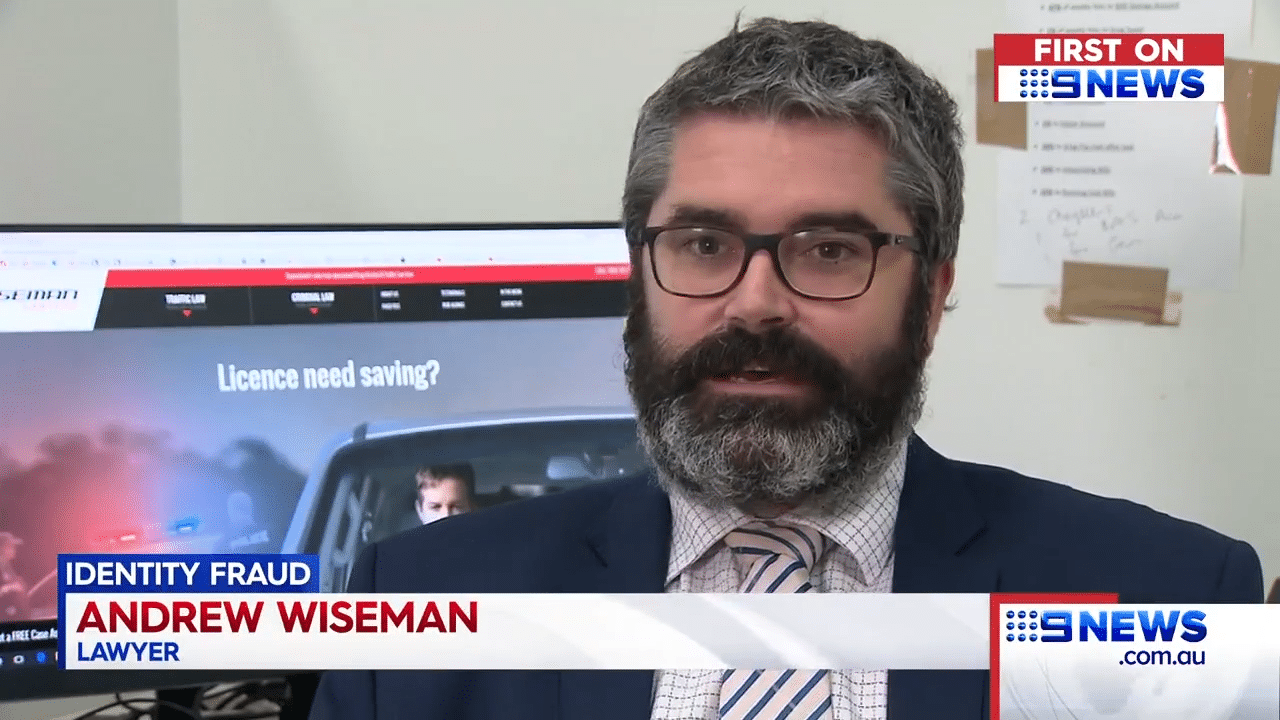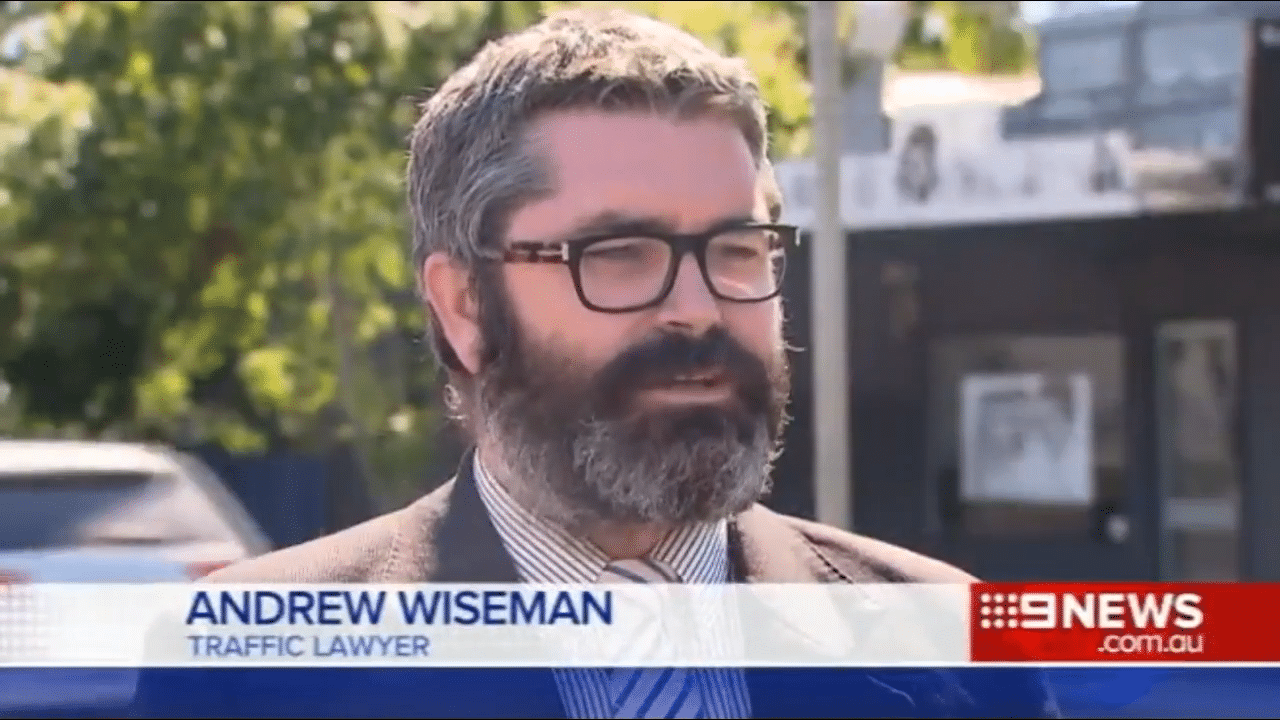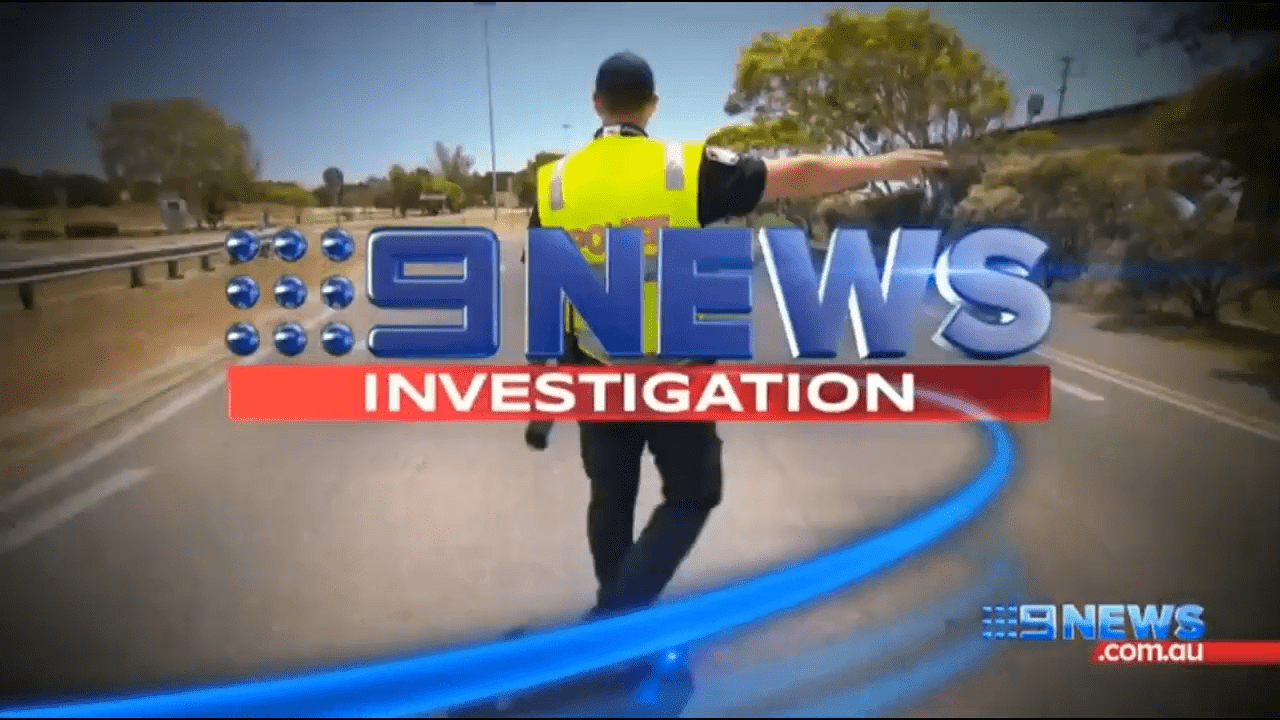Join Wiseman Lawyers Traffic Lawyer Andrew Wiseman at Biloela Magistrates Court as he represents a client charged with Drink Driving. Watch Andrew explain what happened in the courtroom, along with the outcome which he achieved and how he achieved it.
All right. I’m at Biloela Magistrates Court. Basically, it’s about almost a two-hour drive west of Rockhampton, about an hour and 45 minutes. So I flew up from Brisbane to Rocky yesterday, drove this hire car that I’m in now from the airport to Biloela yesterday, stayed at Biloela last night, met the client this morning.
Client was charged with low-range drink-driving, reading at 0.076. He hadn’t lost his licence in the last five years, and he was the holder of an open Queensland licence, and he satisfied a number of other prerequisites, which meant that he was eligible to apply for a drink-driving work licence, and that’s what he instructed me to do.
Worst case for a reading of 0.076 is a nine-month disqualification, manage minimum is one month. But when you apply for a work licence, the magistrates have got a discretion to double what they’d otherwise get. I guess what I’m getting at is with the work licence… Okay, thank you, lady. With a work licence, the maximum is 18 months and effectively the management minimum is two months, if the magistrate chooses to exercise that discretion to double what they’d otherwise give. So with a reading of 0.076 and no previous in the last five years, I’d ordinarily push for the minimum one month.
But as I said, I’m in Biloela, the client lives at Alpha, which is several hours west again of Biloela. He works in a, well, he’s a grazier is the short version, but I think that’s specific enough for him to be identified in this video. So if you live, literally, in the middle of nowhere and you have a job that involves driving lots of places, obviously, even with a one-month disqualification, your livelihood is going to come to a standstill. He was self-employed.
Anyway, basically I was engaged to apply for a work licence for him. So when you’re self-employed, obviously, there’s no employer. So I needed to draught about a nine-page affidavit up for him to sign, which incorporated his business’ profit and loss, personal expenses and income, family situation, difficulty that him and his young family are going to suffer while he’s off the road, what happened on the day in question, lessons he’s learned, et cetera. I drafted all of that and filed it with the court a week ago.
As I said, flew up to Rocky and drove to Biloela yesterday afternoon, met the client this morning. There’s no conference room here so we grabbed a bit of desk space in the registry, and I ran through the procedure, what he can expect to happen, what I’m going to say, what he can expect the prosecutor to say, the magistrate to say, in loose terms, obviously, I don’t have a crystal ball, but, procedurally the same steps are followed each time. But, obviously, for a client who’s never been in court before, they don’t know any better, and a lot of it is just to try to educate him a little bit so that when things are unfolding, they’re not hearing it for the first time, and it’s more of a, “Oh, okay, this is what Andrew said. I can see what’s happening here.”
As I said, with the work licence, you’ve got to draught these affidavits and file them in advance and 70% of the work is in getting the affidavits right. If the affidavits are done properly and cover all the elements that need to be covered and address all the issues that the magistrate is going to want addressed, as I said, 70% of the work is already done. My job when I attend court is, A, to make sure the application stays on course and steer it in the right direction and address not so much concerns, but clarifications the magistrate may have.
Obviously, if the prosecutors are opposing the application for whatever reason, or they’re opposing certain proposed terms, I need to be ready to address those concerns, either resist them or meet them halfway, et cetera. I mean, it didn’t happen today, but an example might be, if a prosecutor thinks that we’re asking for hours that are unreasonable, they might resist. And I need to sort of, as I said, come to somewhat of a compromise that is, obviously, going to still make the licence workable for the client, but also give a bit back to try and, as I said, meet prosecutions halfway.
Long and short of it is I was able to persuade the magistrate to grant the work licence so he was granted a 24-hour-a-day, seven-day-a-week work licence so for work purposes, literally, as if he hasn’t lost his licence, he was given a modest fine, a two-month disqualification. As I said, reading of 0.076, ordinarily, I’d push hard for one month. But when we’re applying for a work licence, I’m reluctant to try and have my cake and eat it, too. At the end of the day, if he’s not going to lose his livelihood, he’s got what he came for. If you push too hard on disqualification when you apply for a work licence, I mean, I’ve seen magistrate threaten lawyers with refusing the application based on it being unreasonable, meaning, you’re asking for something that’s unreasonable. So I’m just going to, “No, you’re not getting a work licence and here’s a four-month disqualification.”
What I’m getting at is when it’s clear the magistrate’s indicated they’re going to grant the work licence, go hard on the disqualification, but don’t be unreasonably hard because it could blow up in your face. Anyway, two-month disqualification, 24-hour-a-day, seven-day-a-week work licence, modest fine, client’s very happy. I’m Andrew Wiseman at Biloela Magistrates Court. Thanks for watching.
